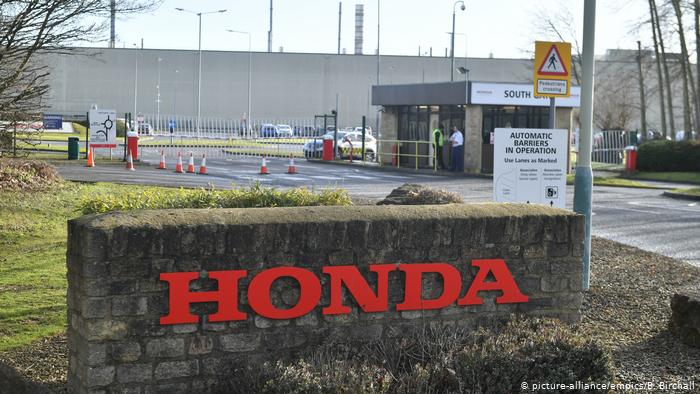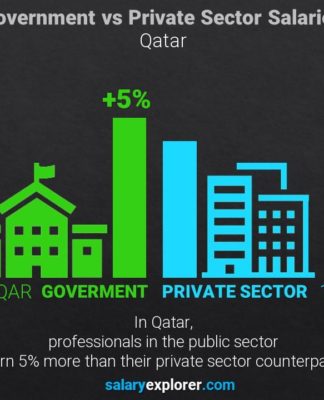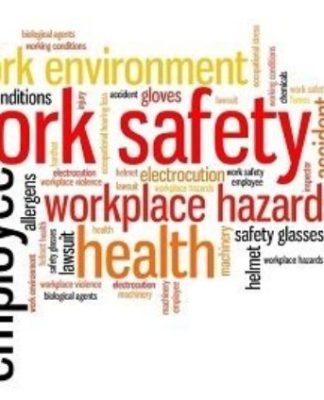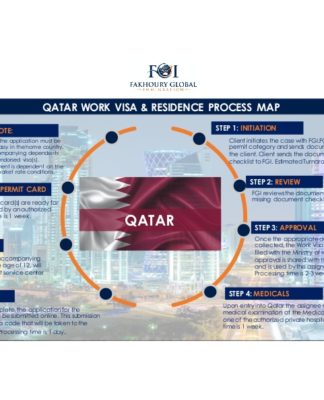UK: Honda halts production at Swindon plant over supply chain issues
Brexit, Christmas and the coronavirus pandemic have led to congestion problems at some of the UK’s biggest ports. In turn, a lack of parts have arrived at a factory in southern England, leading to a temporary closure.
Carmaker Honda said Wednesday it has suspended production at its plant in southern England after a shortage of parts linked to the coronavirus pandemic and Brexit.
Severe congestion at several ports in the UK caused by international shipping disruptions due to the pandemic, a sharp rise in imports ahead of Christmas, and firms stockpiling to prepare for the uncertainty of Brexit, have led to Honda taking Wednesday’s drastic action.
Of late, logistics companies have been highlighting bottleneck issues at the eastern port of Felixstowe. Retailers have said they couldn’t access their goods because containers are stranded on ships unable to unload as a result of the backlog.
Last-minute delivery
Honda said it was forced to halt production because “transport-related” delays meant a lack of parts. The Swindon plant relies on the “just-in-time” delivery system, pioneered by Japanese rival Toyota and now a global standard in the automotive sector in particular, in which parts arrive as they are required.
“The situation is currently being monitored with a view to restart production as soon as possible,” Honda said in a statement.
Tim Morris, chief executive of UK Major Ports Group said the pandemic has created an “unprecedented volatility in global supply chains.”
His group and other logistics organizations have written to the British government, calling for flexible policies to help ease the movements of containers.
Honda’s Swindon plant, which manufactures the Civic compact family car, is set to close permanently in July of next year. The company cited global changes in the car industry and the need to launch electric vehicles as the main reasons for the closure.
jsi/msh (AP, AFP)































